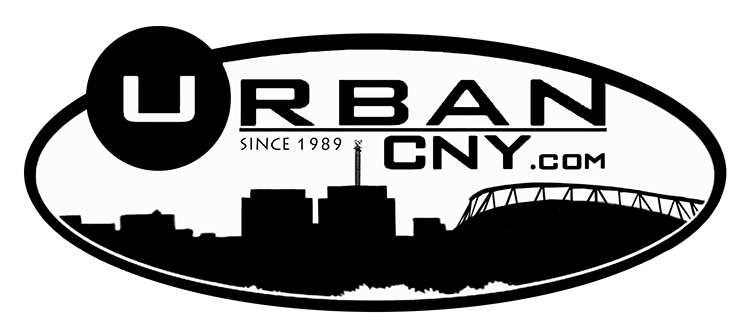Not sure where to start or which accounting service fits your needs? Our team is ready to learn about your business and guide you to the calculate lease payments right solution. You might choose to work with a virtual bookkeeper if you’re comfortable connecting via Zoom or email. The fees may be lower, but be sure to ask about their background and experience before you sign a contract for their services. You’d follow this system for all of the account categories that you have. Common categories include asset, liability, equity, revenue, and expense accounts.
Review cash flow
This kind of software can make your life as a business owner much easier. Track your accounts payable and keep enough funds to pay your suppliers on time to avoid late fees. Whether you make payments online or drop a check in the mail, keep copies of invoices sent and received using accounting software to make things easier during tax time. Pick from a wide variety of cloud-based accounting project management software that gets bookkeeping in order, streamlines cashflows, and helps you stay updated on how to create a unique instagram aesthetic that fits your brand finances. You might choose to use document management software to keep track of key financial information and statements.
Regularly Review Cash Flow Statements
These relationships do not dictate our advice and recommendations. Our editorial team independently evaluates and recommends products and services based on their research and expertise. As you review financial statements, you want to look for patterns. It’s important to understand the trajectories and trends so you can learn how to make better-informed business decisions in the future.
Outsource Your Payroll
Deciding which accounting structure to use for your small business is not your accountant’s prerogative alone. Remember that every dollar spent takes the company one step away from profit. So when you start your business, keep a close watch on all expenses. Understand the benefit gained from every expense and document it carefully. Get free guides, articles, tools and calculators to help you navigate the financial side of your business with ease.
- When you don’t account for your transactions properly, it can put you and your whole business at risk.
- Small businesses that are required to pay estimated quarterly taxes but fail to do so may be assessed a penalty by the IRS.
- Also, well-documented and organized receipts can significantly help during audits.
- Accounting may not be the most exciting part of being a small business owner, but it’s an essential one.
- Get in touch with an accountant if you don’t already have one, and ask them for the best place to get started!
That means setting up a separate business bank account to handle all your small-business transactions, including a business savings account to cover your business on a rainy day. Block out weekly time in your calendar to get necessary paperwork in order and avoid letting receipts and invoiced receivables pile up. Accounting software, such as QuickBooks, can save you time here by automatically categorizing income and expenses and reconciling your bank accounts and credit cards.
The right accounting strategies can streamline cash flow management, optimize tax savings and bring a new level of efficiency to your daily operations. Getting a business bank account is one of the first steps you should take as a small business owner. The majority of small business owners and start-up founders are on their toes almost every day. Though several activities stake their step 1 generate your idea » claim on your time, accounting and bookkeeping form a significant chunk of your workload. Of course, if the demands of running a business mean you just don’t have time to learn QuickBooks, or if you’d rather leave your bookkeeping to a professional, try Bench (that’s us).
You’ll want to do invoicing weekly in most cases, although some businesses may invoice monthly or as they make credit sales. Alternatively, as you set up your accounting software, you should see a list of optional financial accounts for you to add to your chart of accounts and general ledger. Using spreadsheet software is the cheapest accounting option (especially if you use a completely free software, like Google Sheets). Start by learning all about how to open a business bank account, then check out our top recs for business checking and business savings accounts to find the right account for you. Even if your business is financially sound today, you want to make sure things stay positive. Financial projections can help you figure out where to invest business revenue and whether and when you’ll need to start applying for a business loan.
Instead of crunching numbers, you’ll be free to focus on other tasks that are necessary to run or scale your business. An accountant can also ensure greater accuracy and may be more knowledgeable about the tax code and reporting requirements. By keeping detailed and accurate records of your invoices, you can identify customers who fail to pay on time and reward those who always pay early. Each month, review the percentage and total amount of outstanding revenue. Generally, no more than 10 to 15 percent of your AR should be past due.
QuickBooks even has a ProAdvisor program to help you find a local QuickBooks expert if necessary. Having a dedicated business bank account for checking and savings saves you precious man-hours when it’s time to tally up deductible business expenses. Out of the gate, get used to using different bank accounts for business and personal purchases. If you’re contributing capital to you business out of your personal assets, make sure you clearly document the contribution. Using accounting software can allow you to save time when managing the books for your business. You can sync financial accounts to easily import transaction history, track expenses, double-check transactions for accuracy, and generate important financial statements.








